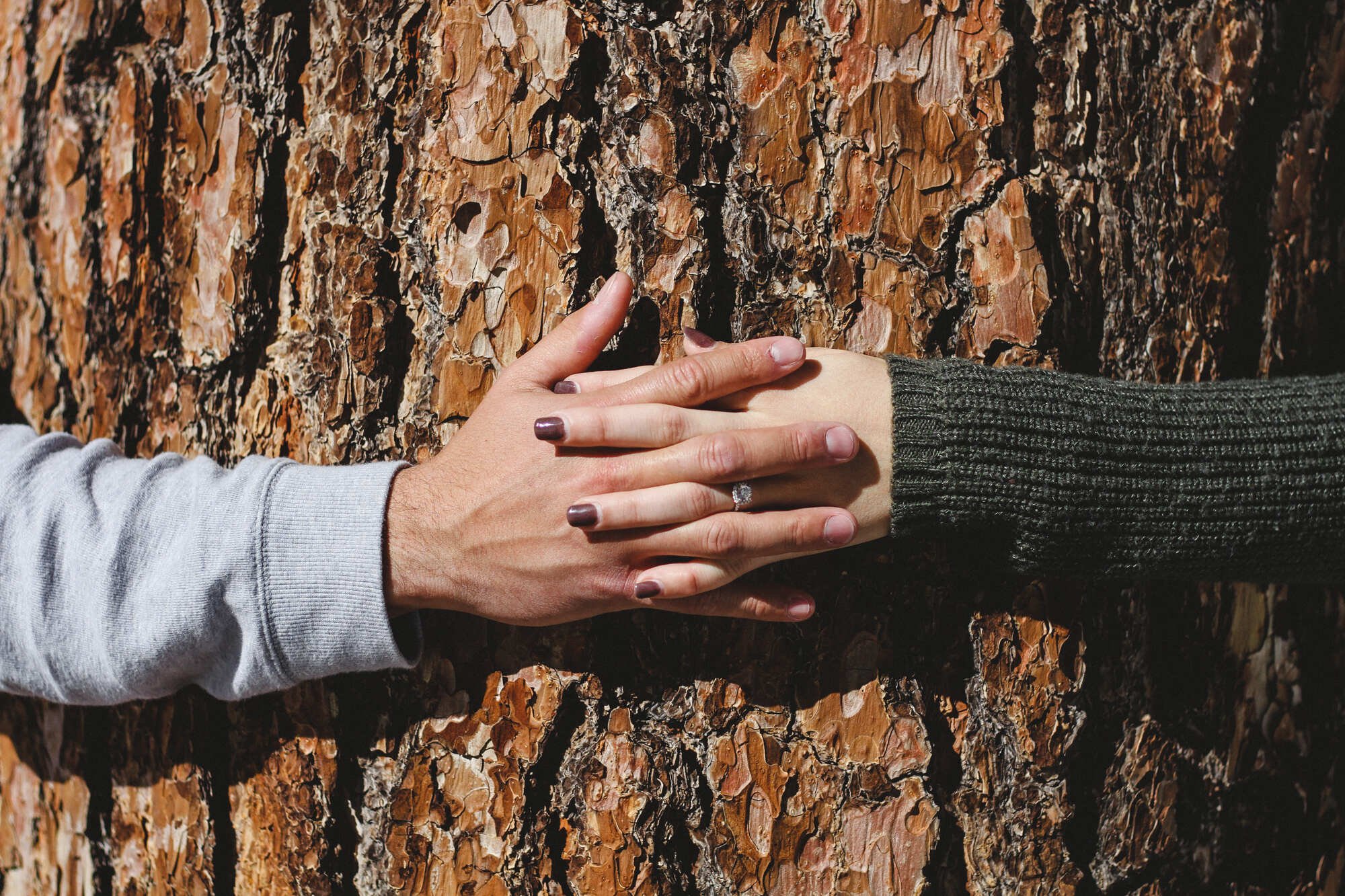
Couple’s Therapy: More Than Resolving Conflict
I am a big believer that no one should wait until a relationship shows serious signs of trouble before working to strengthen their relationship. Why wait until you are desperate for help, until your relationship is on the brink of collapse to work on preserving your relationship? Our romantic relationship plays a significant role in our well-being. Having a healthy, supportive, fulfilling relationship inevitably improves one’s overall quality of life. Think of counselling like getting a tune-up for your relationship.
All relationships need work. Even the strongest and most enduring relationships require hard work and effort. At times, however, it may seem like you’re “working too hard” on your relationship. You may both be struggling with not feeling heard and understood. Your needs or expectations perhaps are not being met. You may be attempting to make improvements and changes to your relationship - but those changes are not being reciprocated. You feel less connected emotionally and/or physically. The fighting is getting ugly and ruining your relationship. One of you feels betrayed. Eventually, you might find yourself feeling as though you’re simply trying to keep your relationship from sinking and you are more ‘unhappy’ than ‘happy’ in the relationship.
It is not surprising that couples often wait years before seeking counselling. This speaks to the courage it takes to address and confront the issues that are affecting the quality of the couple relationship. In truth, problems that tend to persist (and are left unresolved) can damage a relationship by creating an atmosphere of anger, resentment, frustration, negativity or even sadness. Couples counselling explores a couple’s differing needs within the relationship, aims to reduce the tension and negativity while improving couple communication and building trust and intimacy.
If you want to put an end to constant bickering, restore a sense of love, intimacy or passion you once shared, then a trip to a couple counsellor can help. By entering couple counselling, you can learn to work out the difficulties you are facing before they escalate into larger problems.In couples counselling, I employ an active, caring, yet directive approach to create a safe, neutral, and collaborative atmosphere where resolving problems becomes possible once more. With the use of evidence-based tools and skills training, I attempt to help couples with a number of goals, including:
Resolving conflict
Increasing effective and healthy communication
Enhancing intimacy (both emotional and physical)
Planning for life challenges as a team
Building feelings of connection and support
Cultivating enjoyable and shared experiences.
At times, couples may not always fully agree on seeking help and one partner may not be willing to address the issues at hand or participate in resolving the situation. Don’t let this stop you from seeking help. Sometimes partners who are interested in starting counselling are indeed able to find ways to work on their relationships even if their partners do not attend couples counselling with them.
See here for an article published by the American Psychological Association and here for one by The Gottman Institute on when couples should seek help.
